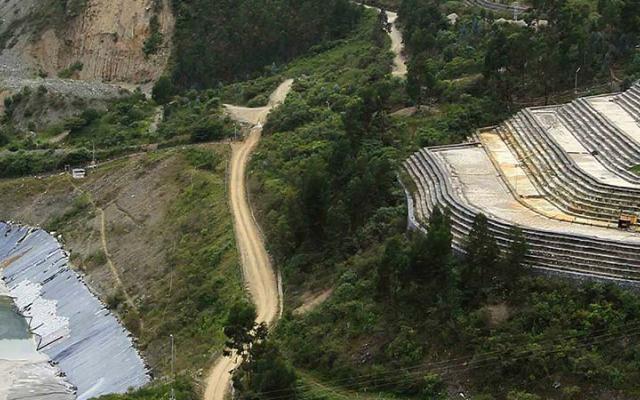Even before the triple crisis, the environmental crisis, the consequences of the COVID-19 pandemic and the war in Ukraine, ECLAC and the german cooperation projects addressed gender equality as one of their articulating pillars of sustainable and equitable development. The combined impact of these three crises disproportionately impacts women and girls, which has led to significant setbacks in terms of gender equality in its physical, political and decision-making dimensions, which has exacerbated with other inequalities arising from the impact of environmental degradation and climate change.
Within the framework of the 2012-2014 cooperation program "Promotion of low-carbon development and social cohesion in Latin America and the Caribbean" the gender perspective went from being part of the set of social issues to becoming an issue in itself, equally important, while maintaining the cross-cutting gender approach in the other themes. This evolution was consolidated during the 2016-2018 Program "Supporting the implementation of the 2030 Agenda for sustainable development in Latin America and the Caribbean" and advanced further in 2018-2020 "Sustainable development paths for middle-income countries in the framework of the 2030 Agenda for Sustainable Development" with the formation of interdivisional clusters for the different components of the program.
One activity that contributed significantly to the development of capacities in the different ECLAC divisions in relation to the incorporation of the gender approach in their work was a course for project members who worked on the “Inclusive, Sustainable and Smart Cities” project (2020-2022).
In parallel to the above, in the spirit of promoting the mainstreaming of the gender approach in all projects, the “Regional Cooperation Program for the Sustainable Management of Mining Resources in the Andean Countries” (MinSus) and ECLAC's Natural Resources Division have bolstered the development and promotion of gender policies in the mining sector. Since 2019, the cooperation between ECLAC and MinSus has resulted in the development and implementation of the Gender Guidelines for the Mining and Energy Sector, fostered by the Ministry of Mines and Energy of Colombia, the first policy that promotes gender equality in the mining sector in the Andean region. At the same time, technical assistance has been promoted for the implementation of this policy in the prioritized territories, piloting new scopes and methodologies of social and communicational relations. Currently, and with a view to the coming years, ECLAC and MinSus will promote these policies in other Andean countries such as Argentina and Ecuador, taking the vital importance of promoting greater gender equality in one of the most masculinized production sectors in the region and with relevant associated impacts into account.
Related Projects
- El proyecto Ciudades Inteligentes, Inclusivas y Sostenibles tiene por objetivo mejorar las bases técnicas e institucionales de la CEPAL y países miembros seleccionados para promover el desarrollo…
- The COVID-19 pandemic has caused one of the worst health, economic and social crises in Latin America and the Caribbean in its most recent history, the most vulnerable population being the most…
- In the field of the mining sector, the current reality is characterized by a situation of multiple challenges, such as fiscal, regulatory, macroeconomic, social, environmental and public investment.…



